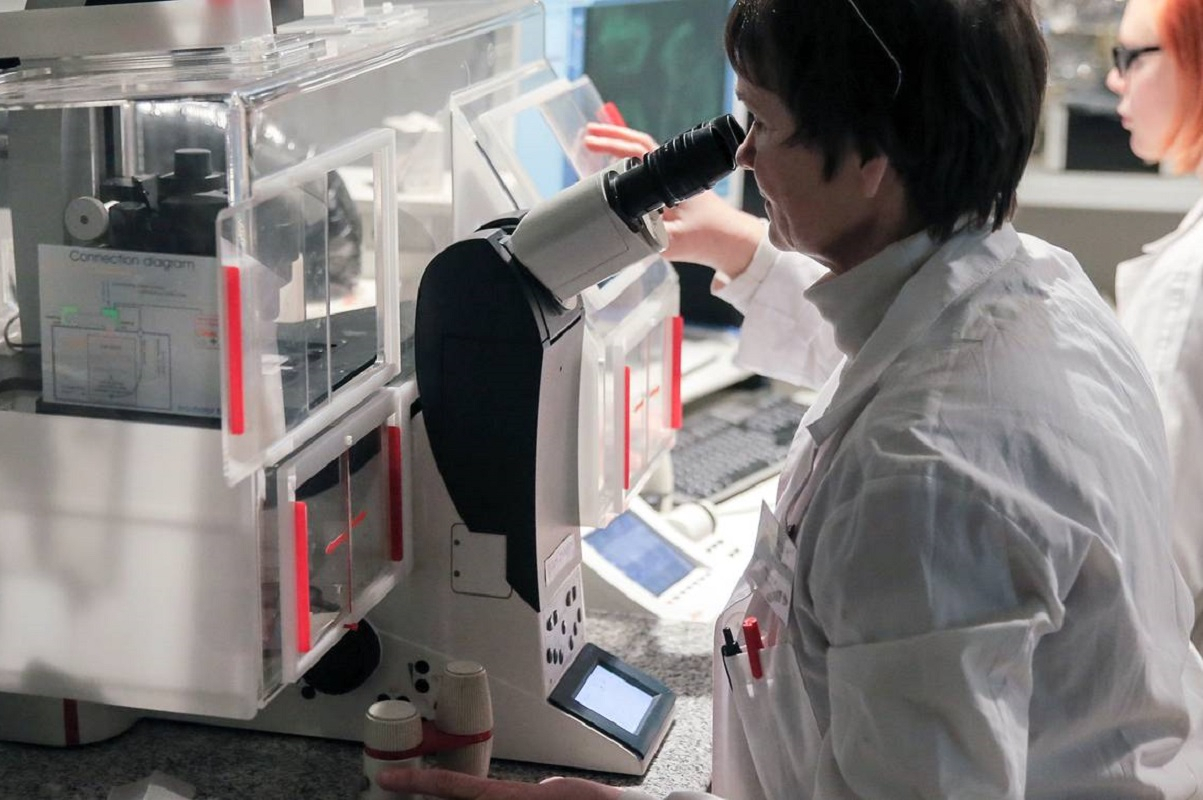TASS: The important role of amyloid proteins in reproductive processes revealed
Russian biologists have been studying amyloid proteins, whose analogues are presumably associated with the development of Alzheimer’s and Parkinson’s diseases. They discovered that amyloid proteins play an important role in the reproductive processes of Drosophila flies and, presumably, other multicellular organisms. This was reported by the Press Service of the Russian Science Foundation.

"Our data show for the first time that amyloids can control developmental processes in insects. We believe that the s36 protein is required in the eggs of fruit flies to attach auxiliary follicular cells, and this interaction is necessary for subsequent cell divisions and the construction of specialised eggshell structures," explained Anna Valina, Junior Research Associate at Vavilov Institute of General Genetics of the Russian Academy of Sciences, as quoted by the Russian Science Foundation Press Service.
The scientists made this discovery while studying how the eggshells of Drosophila flies are formed. The eggshell is a complex, multi-layered structure of organic molecules, which not only protects the future offspring of insects from external influences but also allows for gas exchange and the penetration of male germ cells into the egg.
In the process of analysing the structure and properties of these shells, the scientists found traces of amyloids inside them. For a long time, the biologists believed that amyloids had an exclusively toxic effect on human body cells, but recent studies indicate that amyloids can form in immune cells, pigment cells, and neurons in the memory centre of the human brain, playing an important role in their vital functions.
Such considerations prompted Russian biologists to study the structure of amyloids and identify which molecules in the shell of Drosophila eggs interacted with these improperly folded protein chains. The experiments conducted by the researchers indicated that the amyloids in Drosophila eggs consisted primarily of s36 protein, one of the components of their shell. At the same time, the scientists discovered that amyloids were concentrated in the swimming antennae of Drosophila eggs and at the point of penetration of the male germ cell (micropyle).
Preventing the production of the s36 protein and the formation of amyloid clusters, as further experiments have shown, results in the development of defective and non-viable eggs that lack swimming antennae and micropyles. This suggests that amyloids play a crucial role in the reproductive process of Drosophila flies and possibly other multicellular organisms, the researchers concluded.

